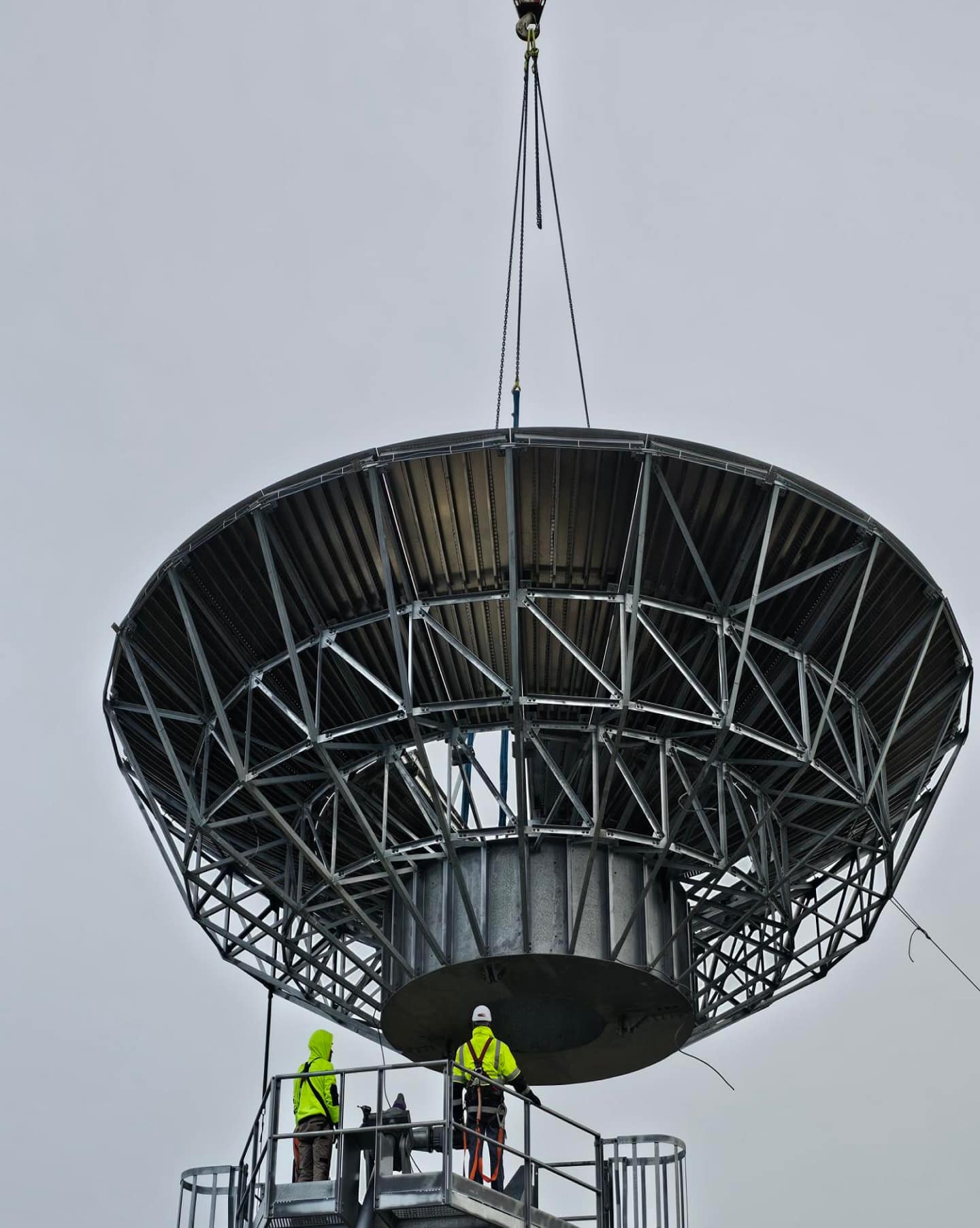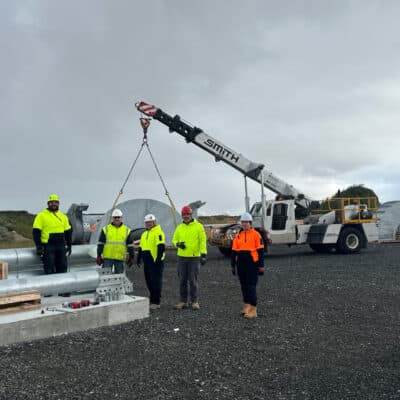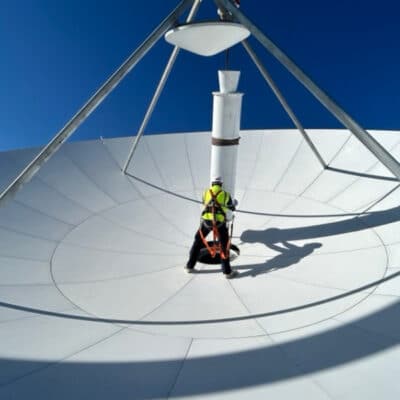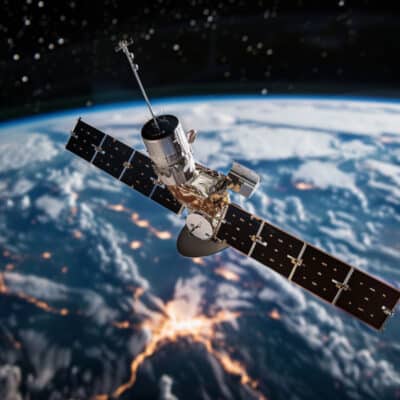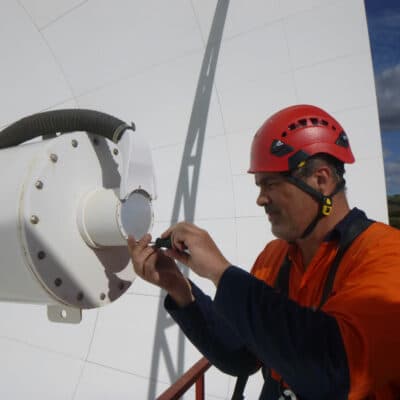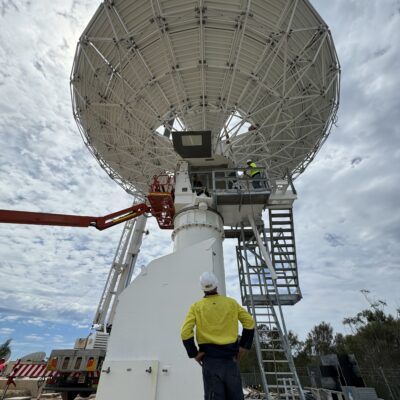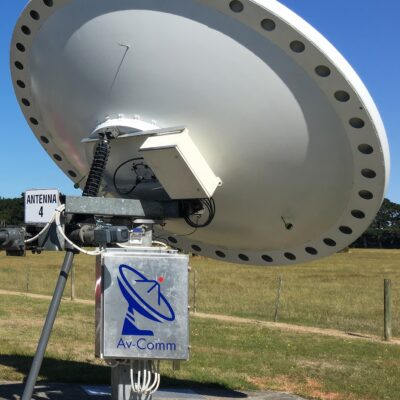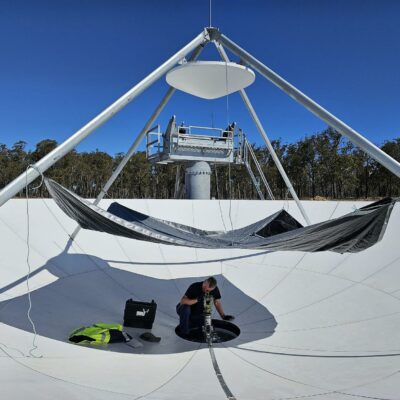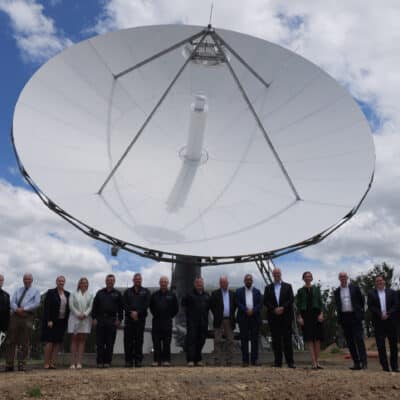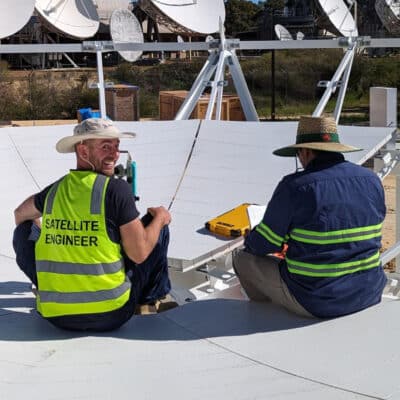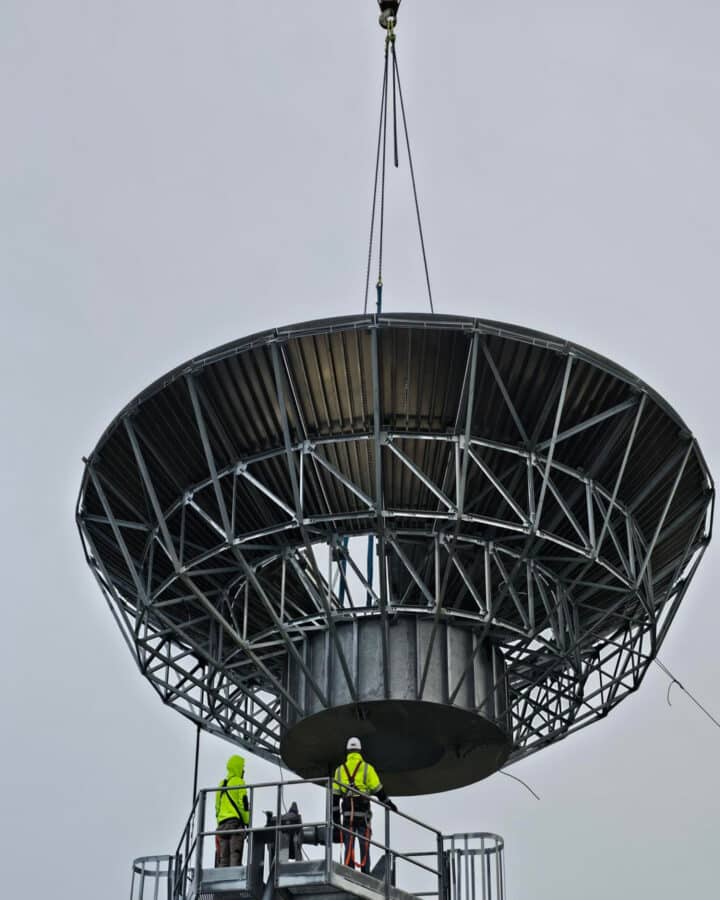Your cart is currently empty!
Vialite: Why Do We Need GPS Jamming Protection?
In most countries around the world, producing and using a device which interferes with the radio spectrum and disrupts communication services in GNSS or indeed other services like satcom, cellular, broadcast television and radio is illegal. Authorities like the FCC in the USA and Ofcom in the United Kingdom have capabilities to detect GNSS jamming events, locate the perpetrators and potentially prosecute them.Download this White Paper in PDF format.
What are GPS Jammers?
GPS jammers are freely available on internet auction sites and typically quite simple devices from an electronics design perspective. Many of them are built from the humble ‘NE555 timer IC’ which is used to drive a Voltage Controller Oscillator (VCO) and antenna. This in turn creates a broadband radio interference. Other crude jammers are produced by filtering the harmonic of a fast rising clock edge oscillator coincident with the GNSS signal band, which is typically around 1.575 GHz for GPS L1 band. This type of interferer is more continuous wave-type and creates a single strong in-band interferer.
Figure.1, NE555 timer IC. A really good device sadly used for a bad purpose!
Accurate Timing for Critical Infrastructure
Critical Infrastructure includes communications, water, gas and electricity utilities, transportation, data centers and the cloud, and of course defense establishments. A common requirement for many of these infrastructures is to receive extremely accurate timing signals. A common way to derive these timing signals is to use the time service from GNSS systems. Examples include:
- Phase alignment for AC electricity generation
- Timestamping financial transactions in a data center
- Synchronizing cellular base-stations to enable mobile handover.
Since 1994 ViaLite Communications has been helping all types of critical infrastructure customers design and install GNSS signal routing solutions across fiber optic-based systems. These systems start at the antenna which is located outside. The RF signal from the antenna is connected to a ViaLite RF over fiber (RFoF) transmitter which is an electrical to optical converter. From the transmitter a fiber is then extended into the facility and distributed as required to a single or multiple end-point. At each end-point a ViaLite RF over fiber receiver then converts the optical signal back into electrical RF, and is then connected to a device such as a Time Server.
Figure 2. A typical GNSS layout using RFoF
The advantages of using RFoF for GNSS signal extension and distribution include: very low loss connectivity, electrical isolation, optical splitting capability, and (very important for cyber security) RFoF by design is a unidirectional technology. Furthermore, the GNSS signal is not converted into any other modulation or digital data stream and so very difficult to tamper with or damage the signal integrity.
How to Protect Critical Infrastructure from GPS Jamming
When a “jamming event” occurs, the critical infrastructure provider needs to try and prevent the harmful signal impacting their timing based service and ideally, they also need to know it’s happening so they can take action or inform the authorities. Avoiding harmful signals can be done in a variety of ways from specially designed RF antennas through to very sophisticated signal processor based firewalls.
ViaLite has teamed up with the GPS and timing experts at Focus Telecom Ltd to distribute and integrate their family of GPS Resilient and OtoSphere™ jamming protection products into ViaLite’s offering. Contained within the Focus Telecom products is a unique and patent protected interference filtering algorithm which combines the patterns from two omni-directional antennas. It can analyze the direction of the interferer and nullify it from the wanted signal. In addition, Focus Telecom can provide a cloud-based service for providing data and analytics around jamming attacks, when used in conjunction with the company’s GPS Sensor device.
ViaLite and Focus Telecom Integrated GPS Jamming Protection Solutions
The Focus Telecom GPS Resilient Kit and OtoSphere products can be integrated with all of the ViaLiteHD GPS RFoF product range. In a system, the products are placed between the antenna and RFoF transmitter. They are powered from the ViaLiteHD transmitter through a DC feed on the RF antenna port, so there is no need for additional power supplies and the Focus Telecom solutions have DC pass-through to the antenna. If customers want additional RF signal gain, the OtoSphere can be used in combination with an additional external in-line amplifier.
Figure 3. Integrated ViaLite and Focus Telecom jamming protection solution
These integrated solutions have already been deployed to users and are now providing them with additional protection to unwanted jamming events.
Written by Richard Jacklin, Director of ViaLite Communications
Let us do your dishes for you
Let our team of field-engineers and technicians find innovative and smart solutions to your communications challenges.
